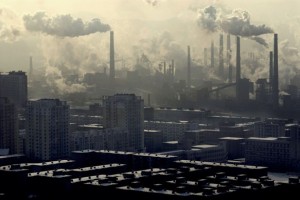
I’ve been craving canned mandarin oranges–thanks pregnancy hormones! I usually get mine from Trader Joe’s and theirs are imported from Spain. Kysen has recently acquired a penchant for these tasty tangerines, so we often enjoy a can together when we don’t have the fresh variety on hand. Well, I tore through my stash too fast and had to send hubby out for an emergency mandarin orange run the other night. I asked him to please make sure there was no high fructose corn syrup, and if there was don’t buy them. I guess I should have asked him to check out more than just the ingredient list, because as I skimmed the label (while noshing on the fruit) I noticed “PRODUCT OF CHINA.” Rut-oh!
I typically shy away from produce or food stuffs hailing from China, so it was surprising that these Chinese mandarins were manufactured by Dole, what I thought to be a good-old-fashioned American brand! I also try to keep myself informed of which fruits and veggies are most polluted and when to buy organic. Here was a new consideration when balancing the harm and good of a food on my family: Is fruit from China safe?
Surprisingly, there are not a lot of articles on the internet about fruit imports from China specifically, so I had to rely on information about apple concentrate imports, air pollution reports, and Chinese farming practices in general. It’s no surprise that there is a severe lack of information on Chinese imported fruits, since so many American companies are jumping on the bandwagon of importing foodstuffs from China to increase domestic profits. Isn’t it enough that my iPhone, toaster oven, furniture and clothes are all made in China! Now my apples, oranges and pears too? So, based on the information I could find, the answer is: NO, fruit from China is not as safe as fruit grown in the U.S., (no matter what pipe-dream a U.S. manufacturer tries to sell you) and here are the reasons why:

CHINA HAS A BAD TRACK RECORD WITH THE SAFETY OF ITS FOOD IMPORTS
We all remember the “melamine in milk” incident that killed hundreds of US dogs and cats and caused thousands of Chinese infants to become seriously ill. Then there was the tainted toothpaste (I guess that could count as a foodstuff ), and most recently Dr. Oz’s expose on arsenic levels in apple juice. U.S. brands like Motts came under scrutiny for using apple concentrates imported from China with arsenic levels of 55 parts per billion (safe levels for drinking water according to the FDA is 10 parts per billion). “To make apple juice, manufacturers often blend water with apple juice concentrate obtained from multiple sources, and over the last decade, the concentrate they use increasingly comes from apples that are grown and processed in China.”
These American companies try to allay customers’ fears by insisting that in-company regulations and testing ensure that their imported ingredients are meeting U.S. standards, if not exceeding them. But somehow I doubt that Motts would send back millions of pounds of concentrates for failing to meet an in-house standard since they are obviously already cutting corners on quality by choosing to use imported apple concentrates over U.S. concentrates (like they had for decades before). “According to Food & Water Watch, [a Washington, D.C.-based nonprofit group] more than 70 percent of the apple juice consumed in the United States now comes from the People’s Republic of China, where the government has acknowledged a problem enforcing a new food safety laws. Food & Water Watch also reports that China makes wide use of arsenic-based pesticides in farming.” And it is the chronic over-use of pesticides by Chinese farmers that leads into the next reason why fruit from China is not a safe bet for you or your family…
CHINA USES MORE PESTICIDES AND PESTICIDES THAT ARE MORE HARMFUL THAN THOSE ALLOWED IN THE U.S.
“[In China,] [u]se of pesticides grew nationwide from about 700,000 tons in 1990 to 1.7 million tons (about 30 kg a hectare) in 2008, said Jiang Gaoming, an Institute of Botany researcher at the Chinese Academy of Sciences.” And according to Caijing magazine, “the use of chemical fertilizer throughout China in the 1950s was 10,000 tons a year. By 2007, it was 51 million tons.” China produces and exports it own pesticides and fertilizers and, until recently, had no government-mandated guidelines as to appropriate levels of use of these pesticides and fertilizers on their crops. Because of this lack of information for farmers and lack of enforcement of policies “[the] [a]verage use of pesticides per hectare in China is three to five times higher than in most other countries, according to a report by the National Business Daily in June. And nearly 90 million hectares of crops are polluted [by over-using pesticides] every year.”
According to a local farmer, He Chengliang, in Xundian, “Chemicals and fertilizers are widely used. We have to use them to grow bigger and more beautiful vegetables to meet market demand. But we only eat those grown in our courtyard without the use of chemicals. The variety may be limited but they are safe and healthy.” So, just to drive in the point, even Chinese farmers aren’t eating the produce that they grow themselves!
Based on the food safety incidents of the last decade, China has no qualms about cutting corners to ensure profit margins. The sad thing is that these cost-cutting measures don’t just affect those of us in the U.S. eating these imported food products, but their own population. China’s over-use of fertilizers and pesticides is causing their own people, lands and water supply to be dangerously polluted. And now our own lovely American brands are bringing these problems right to our kitchen cupboards and children’s’ lunchboxes.
AIR POLLUTION SETTLES IN THE SOIL MAKING FRUITS AND VEGETABLES EVEN MORE TOXIC
Here’s the really easy point to illustrate: the air quality in China is horrific. So, what is swirling around in their orange-brow air? Sulfur Dioxide, ammonia, fluoride and other particulate matter such as cement dust, magnesium-lime dust and carbon soot. Sulfur Dioxide, is undoubtedly air pollutant number one in China (although their government is not forthcoming with these facts). “Major sources of sulfur dioxide are coal-burning operations, especially those providing electric power and space heating. Sulfur dioxide emissions can also result from the burning of petroleum and the smelting of sulfur containing ores.” In a country adding 2 new coal-powered plants a week, it is no surprise that “China currently gets 70 percent of its energy and 80 percent of its electricity from coal[, and] is the largest producer and consumer of coal in the world, [with] many of China’s large coal reserves [] yet to be developed.”
The problem, as the EPA explains it, is that people are exposed to air pollutions, otherwise called air toxics, not just by breathing them in but by eating “fruits and vegetables grown in contaminated soil on which air toxics have been deposited.” And what does exposure to air toxics do? According t the EPA “[p]eople exposed to toxic air pollutants at sufficient concentrations and durations may have an increased chance of getting cancer or experiencing other serious health effects [such as damage to the immune system, as well as neurological, reproductive, developmental, and respiratory issues].” We urge ourselves and our families to eat fruits and vegetables to make us healthier not expose us to toxic chemicals that undermine our health.
Make sure you read the labels on all the fruit products your family purchases. Often the countries of origin are printed on the plastic portion of juice bottles and under the ingredient list on canned fruit. Make sure to look closely for country of origin labels as they are not always readily apparent. What steps do you take as a Momma to ensure the fruits your children eat are safe?
Sources:

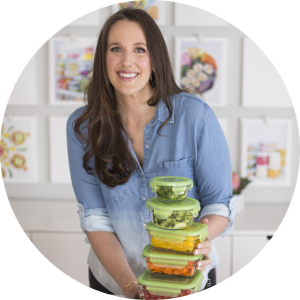


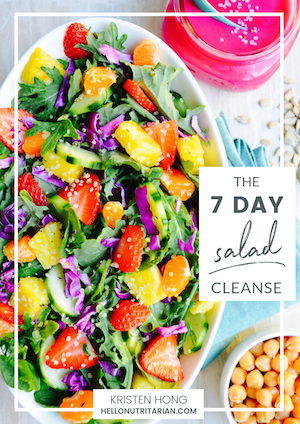
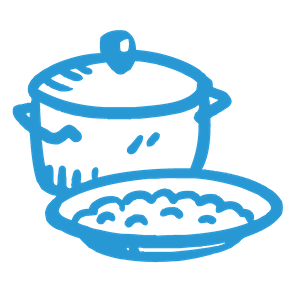
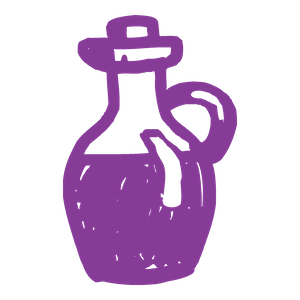
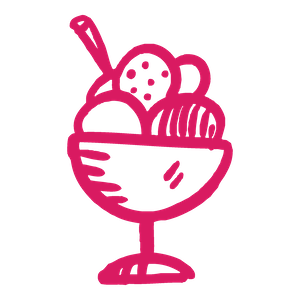
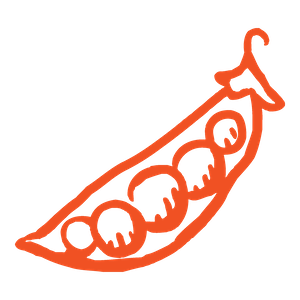
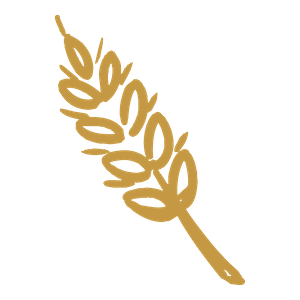
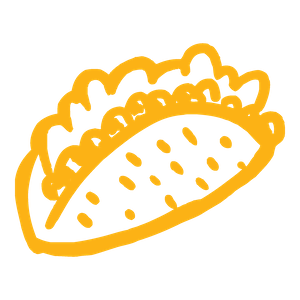

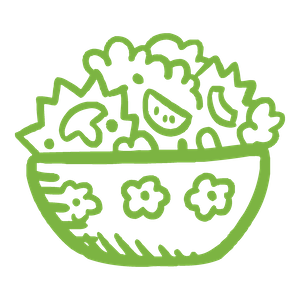
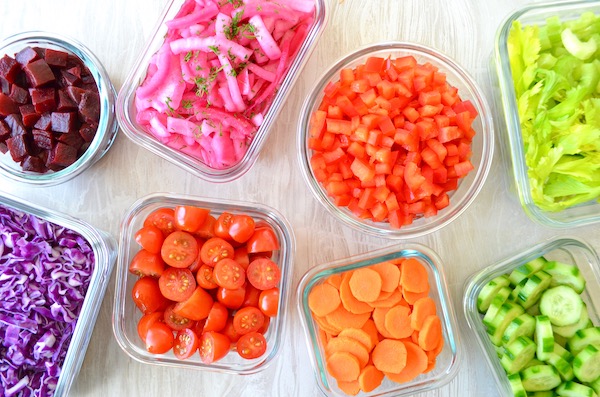
thank you for this information! i have been noticing the apple juice my kids drink started saying Product of China on the top of the boxes. it could have been there and i never noticed before but it got my thinking about what that means for my kids. this sums it up well thank you
i remember the dr oz alarm about apple juice there s no reason to import apples into our country when we grow so many here!
Great article… I’d like to bring up a couple of points. First, mandarin oranges are from the Mandarin region of China.. just like American cheese is from America. It shouldn’t surprise anyone as to this fruit’s country of origin! There are plenty of Florida oranges you can eat if it bothers you (as it does me!)… Also, Dole works closely with the FDA to monitor all of its imports for pesticide levels, heavy metal levels, and pathogens (E. Coli, Staf, Salmonella, etc.) . The process is pretty refined and I’d consider it safe for even my infant daughter to eat. But yes, China is a nasty place and I make treats like this a RARE treat at my house.
Hi! Welcome to the site! Fact is the U.S. does produce mandarins and has for many years, case in point: here in California we have “Cuties,” which the kids love. These are in fact mandarins. So, no there is absolutely no reason Dole (an American food company) needs to get its mandarins from China–oh wait, there is one reason: their bottom line. Just as recent as 10 years ago Dole’s mandarins were from the US. Also, don’t put too much weight on self-regulating big agri-businesses. If they were so concerned with the health and safety of their products they would have stayed with US-grown fruit. The FDA is severely under-staffed and rely too heavily on the businesses to self-regulate. So glad to meet another informed consumer! Thank you for your input!
.-. Wow. This is biased…Try turning it into a discussion next time.
Hi Wendy! Check out this CNN article: http://www.cnn.com/2015/01/16/world/china-food-safety/
Is it called “biased” when a doctor says don’t eat loads of calories, it’s bad for your health? I sited all of my sources, and unfortunately, fruit and produce from China is not as safe as those from the U.S., it’s just a fact. The great thing about having my own blog and not being, say, a reporter (who is beholden to the business interests of their board of directors and shareholders), is I don’t have to worry about trying to make facts into discussions. Thank you for your comment!
I am not providing any reference here, but as a Notre Dame merit scholar who has been to China several times, I can tell the food imported from China is safe based on my visit to multiple local food factories. The articles you read are quite outdated. China is such vast land that there are lots of clean and beautiful places left for agriculture.
Hi Mike!
Thanks for your point of view. This article was written in 2011/2012 and I used the references available at that time.
I think the most telling fact on this issue is that upper class and upper-middle class Chinese pay extra money to buy foods and products that are not made in China.
Just doing a quick search right now, here are some more articles on the subject:
http://www.foodsafetynews.com/2014/07/chinas-food-safety-issues-are-worse-than-you-thought/#.V29J846RJVQ
http://www.cnn.com/2015/01/16/world/china-food-safety/
http://www.theepochtimes.com/n3/231731-top-5-imported-foods-from-china-you-should-avoid/
I stand by my opinion that food from China should be avoided.
All fruit produce and any consumable products from China are heavily contaminated and unsuitable for human consumtion withoutlong term harmful affects on our health. Chinese used contaminated water from badly contaminated lakes and rivers to water their crops then exported fruits , pruduce to the world , including the US. Most water from these lakes and river is so dark because of polution , eating Chinese fruits and produce is like drinking this dark and comtaminated water indirectly. If the lable says PRODUCT of CHINA , I will not not buy it , no mater how cheap is the products.
I agree with you, Tom! It’s unfortunate that so many US companies are growing and exporting food from China!
Kristen
American meat and produce is safe. American farmers genetically modify fruit and meat. so while you may be eating recycled toxins from china, you’re consuming unknown dna from American produce.
#checkyourseeds #isyourfruittrulyorganic #americanproduceisjustasbad
Chinese produce is also genetically modified and their cattle consume GMOs. The Chinese spray their produce with unsafe pesticides that are so unhealthy that they are banned in the USA. If you are concerned about GMOs and “recycled toxins”, you can support USA farmers and the USA economy by buying organic produce that was grown in the USA.
I completely agree with the author that all foods from China should be avoided like the plague. “Safe Food” and “Product of China” are absolutely contradictory terms. I recently discovered, with horror, that all the cans of mandarin oranges in our pantry were from China. I threw them all out, at least ten cans. My wife and I have long tried to avoid non-food products made in China. We never realized, until now, that the US imports food products from the toxic wasteland known as China.
Libby is the only US company whose canned fruit comes from the US, most store brands canned fruit don’t show the country of origin, they just show the location of the distribution center. Are they trying to hide something!!!
I ate some mandarin oranges last night and 20 minutes later got very ill. not only dizzy but nausea and shooting pains up and down my spine and I had felt good all day ..was sitting watching tv and wanted a low cal ..snack. still not feeling good. I remember more than 10 yrs ago or so I got sick to..but no spine pain. and read that china was putting arsenic in the oranges. but since that was so long ago i decided im sure they are more strickly regulated..but after seeing oranges with this new toxic thing called cardimum??? or something like that and kids and people dying everyday from there pollution..I think im seriously done with china food products….first it was lead in everything in toys our kids played with then the dog food issue. now this…
I just found out Krogers brand canned peaches and fruit cocktail are from China. I am shocked because I assumed the fruit would be from USA, shame on Krogers. I wonder how many more canned foods are from China. It is exhausting having to read labels for High Fructose corn Syrup etc, now we must read labels to see if from China. Our food and medications should never come from China, over 4000 people die daily from pollution.
When will this poisoning of Americans stop.
I agree completely, Lauretta.
Sadly, greed is the problem and our health is being compromised for profit.
Wishing you all the best and thank you for joining in the discussion!
xo, Kristen
Great Writing here Kristin. I appreciated your detail and the research you cited in stating your position. Nicely done.
So happy to hear that Andy!